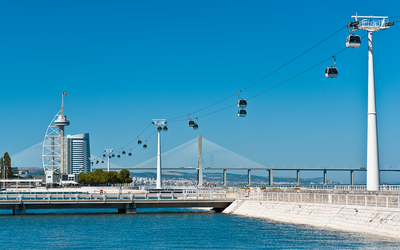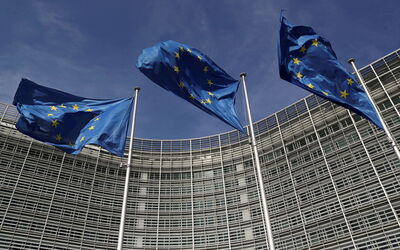News
News
PortugalSpainGreeceCaribbean islandsCyprusMaltaGolden VisasCitizenship by InvestmentTaxesReal Estate Fund investmentMovingCryptocurrency Digital nomads

News · 9 October 2023
New Portugal's Golden Visa Rules Took Effect on October 7 Investors can't apply though the real estate investment route anymore
News · 4 October 2023
Portugal to End Non-Habitual Resident Tax Regime in 2024 Those who already have the status, will keep it
News · 2 October 2023
Netherlands Ended Investor Visa Program Over the past decade, only ten investors successfully obtained Dutch residency through the program
News · 1 October 2023
Portuguese President Enacts Changes to Golden Visa Program Investing in real estate to qualify will not be available in any form
News · 22 September 2023
Andorra Temporarly Bans Foreigners from Real Estate Purchases The ban will remain until a future tax on foreign property investments is introduced
News · 5 September 2023
Indonesia Unveils Golden Visa Program The minimum price begins at $350,000 invested in shares of public companies
News · 1 September 2023
The Czech Republic Launched a Digital Nomad Visa Citizens of eight countries, including the UK and the USA, who work in IT or STEM fields are eligible
News · 22 August 2023
Portugal's President Postpones Golden Visa Changes Marcelo Rebelo de Sousa sent "Mais Habitaçao" bill back to Parliament
News · 15 August 2023
Golden Visa for Bali Set to Launch by the End of the Year Indonesia is looking forward to attracting investors in the technology, healthcare, and research sectors
News · 2 August 2023
UK Revokes Visa-Free Travel for Dominica and Vanuatu Citizens The reason is the CPIs abuse. In response, Dominica has already revoked several granted citizenships
News · 28 July 2023
St Kitts CIP Doubles Minimum Investments Requirements Major changes to the program came amid media reports about new EU guidelines
News · 27 July 2023
EU Reportedly Introduces Guidelines to CIPs New rules supposedly will be applied to all countries offering citizenship by investment options
Get a free consultation
Please enter your contacts














